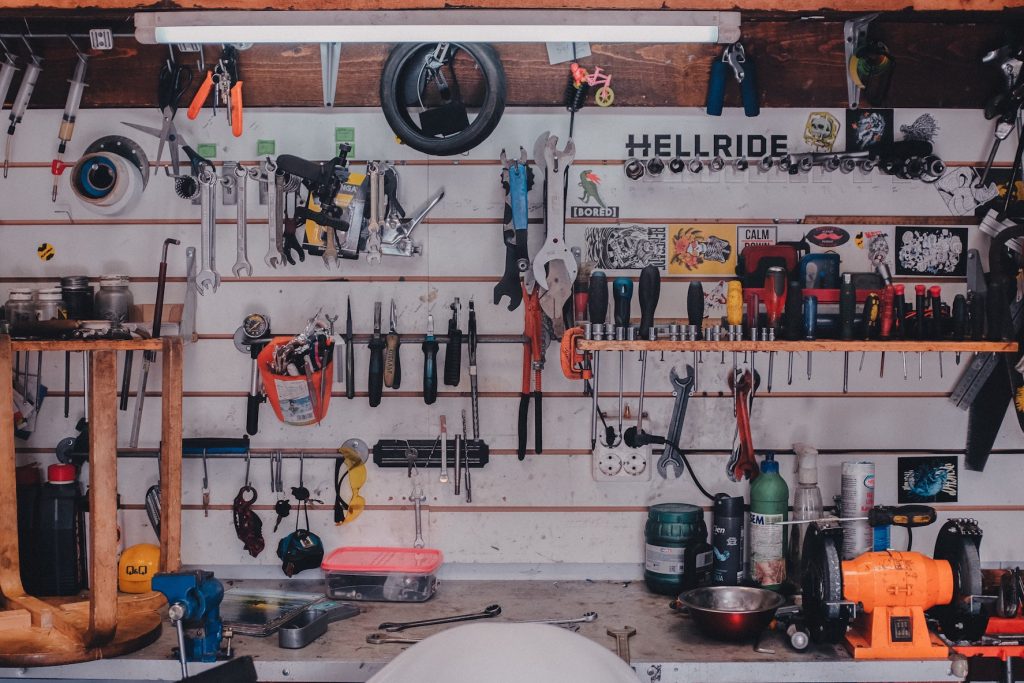In Australia, there are strict guidelines that govern which plumbing jobs you can and cannot do unless you’re a licensed plumber. Make sure you put some research into that plumbing job to be sure you’re allowed to do it.
Having said that, there are a few jobs everyone needs to be able to do, to help keep everything running smoothly at home and at work. We’ve compiled a list of basic plumbing tools to help get the job done!
Plunger
One of the most important tools you could have to hand is a plunger. (You may not realise that there are two different plungers for drains and toilets – make sure you have one of each!) You’ll be surprised how often you may need to use this simple tool over the years so invest in a high-quality one. It’ll do the job for years to come.

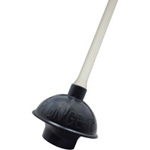

Plumbing Snake
We all know what a snake looks like, right? Well, picture a long bit of ropy material with a crank on the end and you’ve got the idea of what a plumbing snake might look like.
This tool can also be called an auger and is handy to have around to help clear blocked drains that might not be responding to the handy plunger. You insert the metal coil into the drain and crank it, the hope being that whatever is clogging the drain is dislodged and either pulled out or flushed away. There are manual and motorised options, and your choice may just land on the budget as a motorised snake is more of an investment.
Don’t use your plumbing snake in a flushing toilet though! There’s a special toilet snake for that.
Plumber’s Tape
If you have an older home, it could be handy to have plumber’s tape on hand. As time passes the grooves that help screw fittings together can get worn away. This means the seal is not as tight and leaks are possible. While only a temporary fix, plumber’s tape could help seal a leak for a short time while you organise something more permanent, and it’ll be way better than duct tape.
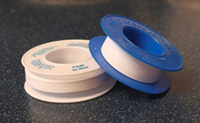

Plumbers Putty
Here’s a quick and easy way to create a water-resistant seal, for any leaky joints that aren’t under pressure. As with the tape – it’s never a complete fix, call your plumber for a more permanent solution.
Tongue-and-Groove Pliers
Having a good set of pliers is a must whether you’re planning to use them for plumbing or not. They’re perfect for those jobs where you need to get a good grip on something and you just can’t manage with your fingers. Look for a small pair with notched jaws for the best grip.
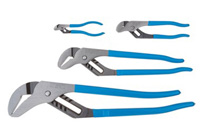

Needle Nose Pliers
Here’s another set you might want to get a hold of. These are the variety of pliers you’ll need for those tight spots and for gripping onto fiddly plumbing parts.
Metal File
You may not be cutting any of the pipes around your home, but you may unexpectedly find sharp or rough edges when putting your hand under vanities or the kitchen bench. For just this situation, owning a metal file could be useful. There are many different varieties so think about starting with a half-round file. It has rounded and flat surfaces and is a good all-rounder.

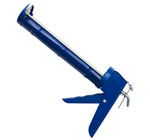
Silicone Cartridge Gun
Now here’s a job anyone can do with a little bit of know-how and an eye for attention to detail. The areas you will want to watch for deterioration of silicone or caulking in your home are around sinks, tubs, showers and toilets. You want to guard against possible water damage by ensuring the seals are always watertight. Having a caulking gun to hand means you always have the ability for minor or even major repairs. Use a clean, dry rag to wipe the seal before it sets for a smooth finish.
Pipe Wrench
This is the wrench you need when larger pipes need tightening or loosening. You’ll need two, one to hold the pipe in position and the other to turn the fitting. Pipe wrenches tend to have serrated edges for better grip so wrap a cloth around your pipe to prevent scratching.


Adjustable Wrench
If you have a 150mm (6-inch) as well as a 250mm (10-inch) adjustable wrench in your toolbox, you’ll allow for greater flexibility. This means you can work with a wide range of fittings, nuts and bolts. The jaw locks into place preventing slips and bruised knuckles.
Basin Wrench
This wrench is important if you need to do some work on your bathroom taps. You can easily tighten or loosen nuts on your sink taps, as well as get easier access to the tap bolts which are positioned in a deep, narrow space that is otherwise difficult to access.

Although we’ve given you a rundown on the types of tools it could benefit you to have on hand at home or in the office these basic tools don’t give you the title of Licensed Plumber. Make sure you have all the information about what you’re allowed to do with the plumbing codes in Australia. You can read our blog to find out more.
When you know you’re in need of a plumber, give us a call. We’re here to help.

